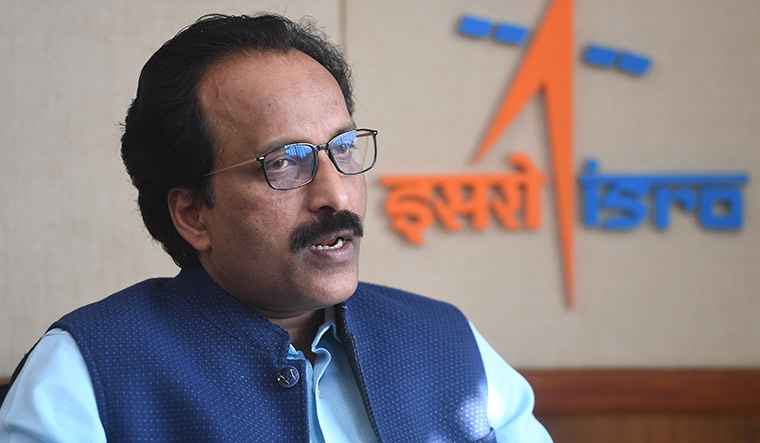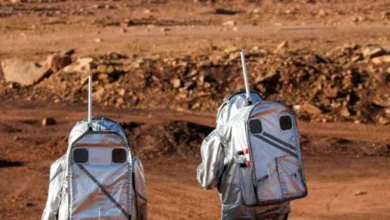Debris-free space missions by end of the decade, says ISRO Chief Somanath
The policy will be put into effect by January 2025, with an annual evaluation of progress to be held in April with the goal to have debris-free space flights by 2030

Indian Space Research Organisation (ISRO) Chairman S. Somanath made the declaration on April 16th, 2024, that they will be implementing a zero debris space policy for private and government players in space for space missions by 2030, at the 42nd Inter-Agency Space Debris Coordination Committee (IADC) annual meet in Bengaluru.
“This initiative aims to achieve debris-free space missions by all Indian space actors, governmental and non-governmental, by 2030. India encourages all state space actors to follow this initiative for long-term sustainability of outer space,” Mr. Somanath said.
“It is one of the intent or initiative of India to ensure that debris-free space missions are conducted so as to ensure the sustainability of space. I would like to make this initiative a declaration today, this can be discussed and debated in the coming days,” Mr. Somanath further added.
The policy will be put into effect by January 2025, with an annual evaluation of progress to be held in April. The goal of the policy is to have debris-free space flights by 2030.
ISRO announced in late March that one of its satellite missions “practically left zero debris in orbit” after they lowered a spent rocket stage to burn up in Earth’s atmosphere during re-entry. Chairman S Somnath said last week that they will use similar deorbiting techniques to make future missions “debris-free” by the end of this decade.
Anil Kumar, associate director of IADC, said, “There are a total of 37,000 objects orbiting in the space and of them 10,000 are operational objects. By 2030, the number of operational objects will surpass the debut objects which we expect is about 60,000.”
In a session hosted by the Inter-Agency Space Debris Coordinating Committee (IADC), Somnath said, “Over the years, sufficient skill has been developed within ISRO in dealing with topics related to debris management.” He added, “We want to make sure that for all the spacecraft we are likely to launch in the future, we will be taking action to make sure that we deorbit and bring it to a safe location.”
ISRO has a very clearly laid out plan as far as space exploration and space utilization are concerned.
“Currently, we have 54 spacecraft in orbit. Plus, there are non-functional objects. But, we have been taking very careful action wherever possible to dispose of or remove the space objects once their active role is over to de-orbit and bring them to a safe location. We want to make sure that for all the spacecraft we are likely to launch in the future, we will be taking action to make sure that we de-orbit and bring it to a safe location,” Mr Somanath added.
ISRO would like to review the agreements of all space stations and space players, including commercial ones, as India intends to establish its space station, “Bharatiya Antariksha Station,” by 2035.
Spent rocket stages, dead satellites, and malfunctioning satellites that have been abandoned in their orbits above Earth are the main causes of space debris. Space organizations and private businesses have deliberately lowered their satellites as a result of the collisions and unintentional explosions these abandoned objects have produced.
You might also be interested in – ISRO Chief Somanath unveils plans for Chandrayaan-4 moon mission in 2040



